The Baha’i teachings praise human nobility, as in this quotation from Baha’u’llah:
O Son of Spirit! Noble have I created thee, yet thou hast abased thyself. Rise then unto that for which thou wast created.
That assurance applies to every human being, without exception, regardless of their class, creed, color, or condition.
In his writings and teachings, Baha’u’llah confirmed, over and over, that the Creator views the entire human family and each one of its members as sources of spiritual light:
Thou art My lamp and My light is in thee. Get thou from it thy radiance and seek none other than Me. For I have created thee rich and have bountifully shed My favor upon thee.
With that kind of nobility and richness of potential in mind, this Virtues Basket video focuses on assertiveness – which means having a positive and confident personality. An assertive person knows he or she is worthy of respect. That self-confidence comes not only from within, but more importantly from knowing that we are all God’s creatures, each possessing a noble soul.
When we learn assertiveness, we begin to think for ourselves rather than following others. We stand up for justice. We show strength, refusing to let others influence us in negative ways. We express our ideas and opinions forthrightly and without fear.
Growing up, most of us learned to be a “good girl” or a “good boy” – but the definition of a good girl traditionally meant being passive and submissive. Unfortunately, though, a good girl has often had to obey the status quo for survival and remain silent when injustice happens to her, even when someone is abusive or behaves inappropriately towards her. A good girl, told she needed to be helpful in the house and defined by her duty to cook and clean, followed the rules no matter what. Because of these roles, traditionally girls grew up not knowing their worth, which made them dependent and passive. Even today in some societies, most women never reach their full potential. Their unique talents, which might have led to many discoveries and advancements in society, remain latent.
RELATED: Gender Equality: How Educating Women Benefits Humanity
On the other side of that spectrum, a good boy traditionally learned he had to be tough and not show his feelings, because that displays weakness. A good boy didn’t need to cook or clean, and could be messy sometimes because of his gender. That sort of boy, in some cases, learned that he can get away with being abusive toward girls and women. As a result, many boys grew up to be aggressive and controlling in some ways.
This thought process has been engraved in society for so long that even in advanced ones, with high levels of education, deep down many of us still believe in the good girl and good boy dogma, and indirectly raise our children with this errant belief system.
In contrast, teaching our children about assertiveness helps them recognize that God has created them unique and special – that they are like a mine full of gems waiting to be discovered. In the Baha’i Faith, men and women are equal, and seen as two wings of a bird. Baha’is believe that the world of humanity cannot fully progress unless both women and men reach their full capabilities. In a talk he gave in Paris, Abdu’l-Baha said:
Neither sex is superior to the other in the sight of God. Why then should one sex assert the inferiority of the other, withholding just rights and privileges as though God had given His authority for such a course of action?
Assertiveness helps our children to learn the right values, to develop and practice the virtues of compassion, unity, helpfulness, kindness, justice, etc. In his book The Power of Self-Confidence, the author Brian Tracy says people who enjoy full self-confidence practice complete integrity on the inside. People with rock-solid self-confidence have a clear vision about what is right, good, and worthwhile, and live their lives consistent with those values.
In her book The Family Virtues Guide Linda Popov explains assertiveness means learning how worthy we are, which allows us to stand up for what is right and not let others treat us unjustly. Being assertive does not mean controlling others, or acting aggressively towards them, either. An assertive person sets boundaries about what is right for her or him. If someone tries to hurt us, or lead us into trouble, we protect ourselves. We ask for help. We show strength and think for ourselves.
In this Virtues Basket video we learn about how to practice assertiveness from a young age, and to use our talents and gifts from God to serve the world in our own special ways.
Setareh Samandari Zargarpour has always been an artist at heart, after a 20-year career in Banking as Branch Manager for Wells Fargo and Chase she transitioned to working in Film. She had finished her Master of Arts in Political Science from CSUN and utilized it...
READ MORE

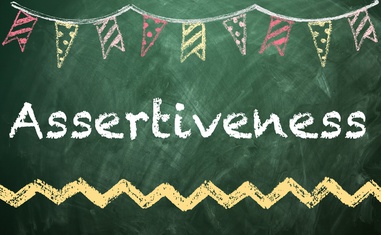

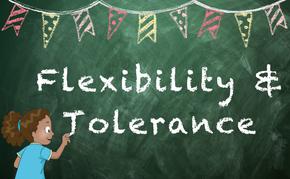

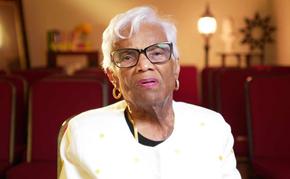
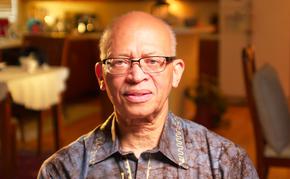




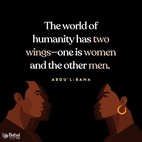
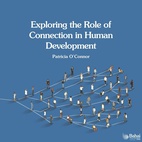

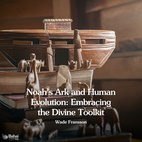


Comments
Sign in or create an account
Continue with Googleor